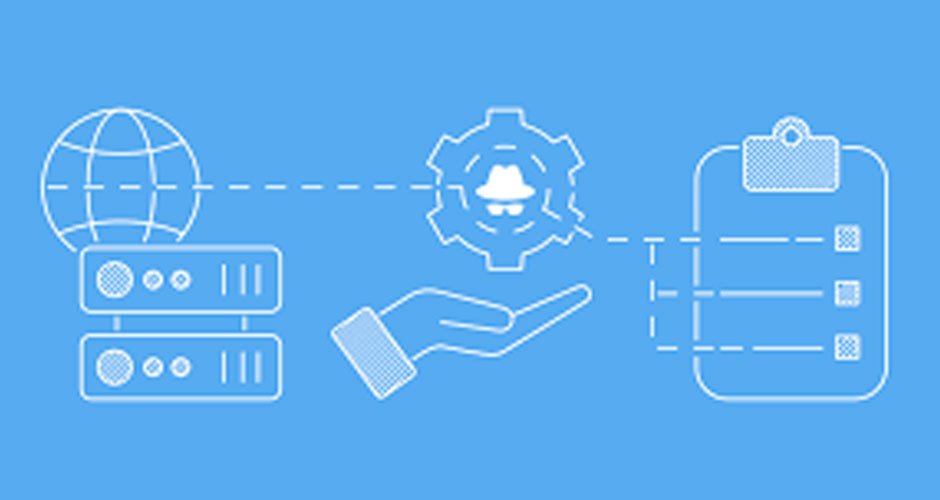You’ve probably heard about web scraping and the proxy networks that facilitate it as a means of providing the data that fuels timely and effective business decisions. It’s also likely that a bunch of misconceptions about the two are making you hesitant to pursue them for yourself or your company.
This article examines and shatters the most common web scraping and proxy myths. Take it in and start tapping into the modern world’s most valuable resource – data!
You Advanced Coding Skills to Use a Data Scraper
There was some truth to this myth in the early days of scraping. Luckily, it’s not the case anymore! Enthusiasts with a good understanding of Python and various specialized libraries can build a web scraper from scratch and fine-tune it to their needs. However, you can just as easily take a no-code approach.
Web scraping providers now develop intuitive interfaces that let users focus on collecting required data while the tech-heavy processes run in the background.
It’s Illegal to Use Web Scraping
This is the most widespread myth, and it’s keeping users from obtaining business intelligence and other insights. The act of web scraping isn’t unlawful, provided you do it responsibly. It’s also not illegal to speed web scraping up and improve your data-gathering success rates via proxies.
Respecting a website’s boundaries is the easiest way to ensure care-free scraping. Doing so involves targeting only publically available data following the site’s Terms of Service and robots.txt file. Webmasters use this file to instruct search engine robots on how to navigate their sites. It’s part of the robots exclusion protocol, which sets standards for how robots crawl the web and index content.
You May Use Scraped Data However You Wish
Now we’re moving from legality to ethics. What should you do with the data once you have it? There are lots of legitimate uses, like creating sentiment analysis, tracking prices, or leveraging it for trend prediction.
It’s OK to be inspired by or gain insight from the data. However, accessing content that requires an account, not respecting robots.txt, or falsely claiming you created data obtained this way is both unethical and legally dubious.
Scraping Is Slow
That depends on your idea of “slow” and the kind of proxy you use. Scraping programs and services are immeasurably faster and less error-prone than humans performing the same task, no matter the use case.
Some proxy types are indeed slower than others, but for a good reason. Datacenter proxies collect data faster, but sites with advanced anti-bot measures might block or trip them up. Residential and mobile proxies are slower since requests pass through real ISP-assigned IP addresses first. What they lack in speed, they make up for in success rates, which helps even the odds.
You Can Use Any Scraper on Any Website
Oh, wouldn’t it be nice if scraping was so easy and universal! In reality, Web scrapers are highly attuned to the websites and content their creators build them to access. That also means scraping isn’t as automated as some might think.
True, a web scraper will do its own thing once you tell it what to do. Even so, scraping programs need to account for changes in a website’s structure and permissions. Teams of specialists ensure the best ones are always up to date and on point.
Collecting the Data Is Enough
Proxy-assisted scraping yields a lot of data, but it’s hardly usable in its raw state. If nothing else, a scraper needs to collate it in a format compatible with a user’s established processes and analytics tools. The expertise and flexibility of dedicated web scraping developers are invaluable here.
VPNs Offer Complete Anonymity for Web Scraping
A common misconception is that using a VPN guarantees complete anonymity for web scraping, making activities undetectable and unrestricted. However, this isn’t entirely accurate.
Although VPNs can hide your IP address and secure your internet connection, they are not foolproof against detection by websites with advanced anti-scraping technologies. Such sites may still identify and block scraping efforts, even from VPN users, because VPNs don’t usually mask scraping patterns like request frequency or data access types. You can explore more features this tool actually offers, also depending on the provider, in a VPN comparison table on Reddit.
So, believing that a VPN alone makes web scraping invisible overlooks the importance of ethical practices and technical measures, such as respecting a website’s Terms of Service and using rotating proxies, to conduct responsible and effective data collection.
Web Scraping Is Only Good for E-Commerce
An easy mistake to make since e-commerce businesses do indeed rely on web scraping in several ways. They’re far from the only ones, though. Anyone with problems a large dataset could help solve would benefit from using a scraper. Whether you’re a student looking for more thesis material or just want a tailored newsfeed, web scraping will get you there.
Conclusion
Web scraping is an effective, legal, and versatile tool companies and individuals use to gain an edge. Doing so via a proxy network cuts through the noise, ensuring you get current data fast and without hiccups. The positives far outweigh any challenges, and using such services ethically is straightforward.
We hope this article has helped dispel any false notions you might have had about web scraping and that you’ll consider using it to further your own goals.

